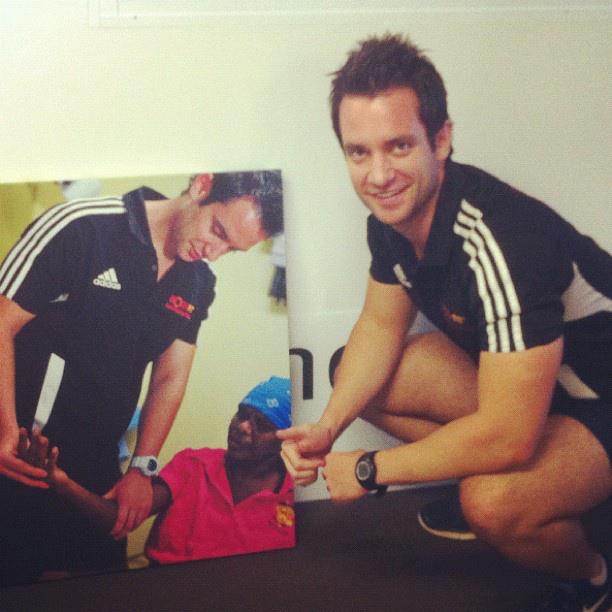Why We Get Sore After Exercising (or Doing Physical Activity)
Have you ever completed a new workout, or a new activity for the first time, gone to sleep maybe just a little tired all over from the workout and then woken up the next day to feel your muscles aching?
Maybe this has happened during an activity you haven’t done in a while (like getting out in the backyard to the garden)?
Sometimes it can happen when you didn’t think you worked that hard at all! But the soreness lets you know it.
DELAYED ONSET MUSCLE SORENESS (DOMS) IN SENIORS
Have you ever completed a new workout, or a new activity for the first time, gone to sleep maybe just a little tired all over from the workout and then woken up the next day to feel your muscles aching?
Maybe this has happened during an activity you haven’t done in a while (like getting out in the backyard to the garden)?
Sometimes it can happen when you didn’t think you worked that hard at all! But the soreness lets you know it.
I’m sure we’ve all felt this soreness at some point!
This after exercise/activity soreness is known as DOMS or Delayed Onset Muscle Soreness.
DOMS is thought to be caused by little micro-traumas to the muscles when they lengthen during the exercise/activity.
This soreness usually starts the next day after the exercise/activity, peaks at 48 hours and can continue up to 72 hours (and beyond) depending on how hard you have worked your untrained muscles.
As some of you know, I used to work remotely in indigenous communities here in the outback of Australia. This was where my most rememberable story about DOMS occurred.
My job was to get the towns exercising more and eating better to help prevent and treat chronic disease. With the change in lifestyle, these diseases are now rampant in the indigenous populations.
It was a job I absolutely loved! It was a great adventure, and I fell in love with the people and their culture.
One of the towns (known as Lajamanu) where fish apparently fall out of the sky, was where I spent most my time. It had a small population, and not much there. There was a school, a community hall, a medical clinic, a shop, their houses, an Australian football field, an airstrip (the field and the airstrip were just cleared land of red dirt). And there were a few other buildings.
There was surprisingly a gym in this little remote town. By chance, the school principal who used to work there had happened to be a bodybuilder and put a lot of money the School had into one of the best gyms I have ever seen. (That no-one really used).
One day I decided to take a couple to the gym. It was the first time they had ever done specific exercises, and they had a great time. However, I forgot to mention to them the next day they may be a little sore.
The next day when I rocked up to the clinic, I had one of the nurses tell me the couple I had been exercising with came into the clinic worried they might have caught a disease due to pains all their body. The nurse let them know it was from the exercise and after hearing this, I went to their home to reassure them, and they were back the next day ready to exercise again!
Unless you’ve really, really worked your muscles too hard to the point of a condition called Rhabdomyolysis (not uncommon in military-style boot camps and Cross-Fit Workouts)- DOMS is nothing to worry about.
Your body is regenerating stronger, more resilient muscles as a result of the stress from the exercise. Once recovered, it is now better equipped to deal with it again.
When you get back into the exercise/activity once your muscles are feeling better, you’re not going to experience that soreness again (unless of course, you leave it too long between the workouts/activity).
DOMS can be avoided to a great extent by easing your way back into activity or exercise.
When getting back into exercise after some time of inactivity, don’t overdo it… Do less and progress your way back into it. Do half the distance you are walking, lift less weight/resistance, go at a slower pace, have more rest.
Exercise/Physical activity is medicine and something we should regularly be doing.
So when we are in this for the long run, why wouldn’t we ease back into it?
This will help decrease DOMS and also help prevent any injuries.
Take it slow, allow your body to adapt and most importantly, have fun!! :)
What To Do For DOMS (When in Pain)
As said above, what you want to be doing is preventing any DOMS from occurring in the first place. If you have found yourself the next day in pain after doing too much activity/exercise(the dreaded DOMS), the best thing you can do is rest and wait for time to pass. as your muscles heal.
Relaxation and heat, for example in a hot bath, a hot shower or heat packs can help take the pain, temporarily, away.
If the pain is quite unbearable, speak to your doctor about a suitable analgesia.
Finally, know that this pain is temporary, and the next time you get back into the activity or exercise, it’s not going to be so bad. :)
- Mike




